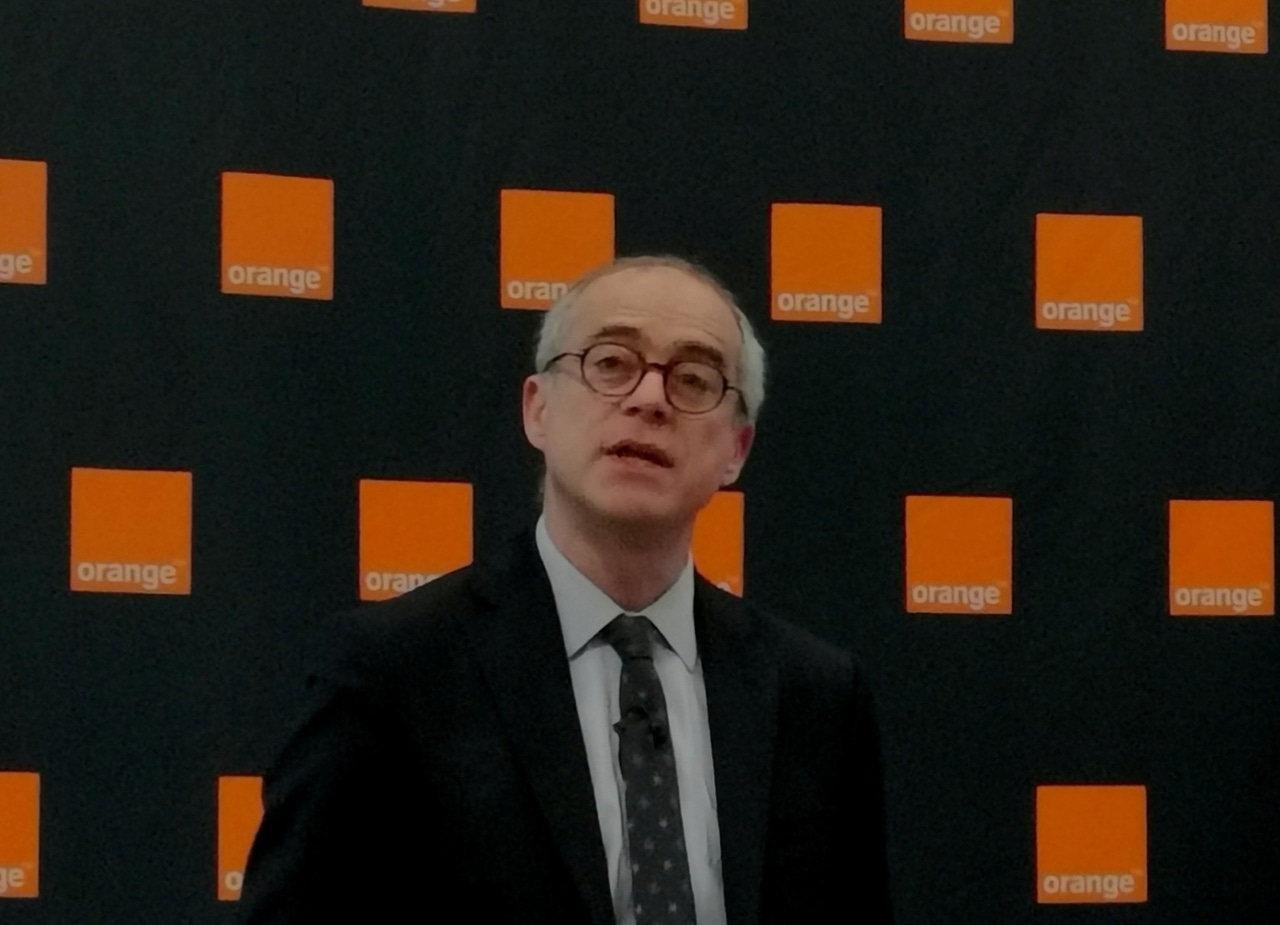Orange plans banking profitability by 2023
With many commentators expressing doubt over Orange’s banking venture, it might come as somewhat of a surprise the team are planning to be profitable by 2023.
December 3, 2018

With many commentators expressing doubt over Orange’s banking venture, it might come as somewhat of a surprise the team are planning to be profitable by 2023.
After launching the financial business last year, the company is collecting customers increasingly quickly and is currently in the planning stages of its pan-European assault. Spain is next on the list, but it is the profitability and larger revenue growth contributions to the Orange Group business which are capturing attention.
“The entry of Orange into the non-telco services, should be viewed as defensive and pre-emptive actions,” Ramon Fernandez, Executive Director of Finance, Performance and Europe at Orange told Telecoms.com. “It’s a key lever to stimulate growth beyond what the mature telco business can offer.”
This is seemingly how Orange is viewing the banking services. With profitability and growth in the traditional telco segments constantly eroding, any operator which wants to seek bumper returns will have to search elsewhere. In the Orange business, this has taken the form of cyber security solutions, entertainment, the enterprise cloud segment and finally, banking.
Mobile finance might seem like a significant step away from the traditional telco business, though there are common factors which all each to function and grow. This isn’t just a case of grabbing entirely new revenues, the convergence strategy is winning through again.
As it stands, the banking product in France currently has 200,000 customers, though ambitions are to have two million by 2026. Of those customers, 60% are opening accounts in the stores across France. This is a significant opportunity for Orange, as while there are certainly cross-selling benefits from telco to finance and vice-versa, the finance business does not exist without the retail footprint across the country. Fernandez described this as the ‘phygital’ world, which gives Orange an advantage over other digital challenger banks, of which there are quite a few in France.
That said, the retail footprint isn’t the only benefit. Brand awareness is now up to 45% thanks to the strong position of the Orange business in France, though the data which the banking team can lean on is critical. With services being launched in the loans and credit world, telco customer billing data can be used to understand the risk profile of customers. Identifying the right customers, with an acceptable level of risk, is key for the business and this is where the telco business can really drive benefits as well.
The important factor from a marketing perspective, which Fernandez and Paul de Leusse, the bank’s CEO, have been keen to emphasise is this is not being sold as a traditional bank; they aren’t selling a traditional banking relationship, they are selling the way to use a banking application on the phone. Orange doesn’t want to innovate on products, this is viewed as dangerous, but instead focus on user experience. AI is being pushed heavily, with digital interactions being preferred. This will mean not all customers relevant, but those who are demonstrate a desire for AI-interactions. de Leusse claims 45% of current customers prefer this route, and with a median age of 42, it isn’t just the digital natives who are adopting.
For the moment, the team are still in aggressive customer acquisition mode, this will continue through year two before a few years of stabilizing OPEX. Scalability is obviously critical here, and is set to start making an impact as the team has already negotiated a reduction in manufacturing costs for cards this month. This will make a notable impact on the launch of the Spanish finance business which will launch early next year with Romania to follow quickly afterwards.
This is where profitability will come from. By 2023, the team plan to break even, projecting revenues of €500 million with four million customers spread through seven countries. Only five of these countries will have a fully-functioning bank, though Orange Money services will plug the gaps elsewhere. While many telcos would shirk at the prospect of going into finance, Orange is approaching it as a convergence opportunity. The simplest way to look at this is regimented loyalty.
In years gone, telcos used to use the complicated process of switching providers as a means to enforce loyalty. With regulators now tackling this frustrating part of customer engagement, new ideas are needed. Convergence is one of those, as while there are pricing benefits to the customer, tying as many services as possible into one provider makes leaving a nightmare. If you were to take all of Orange’s services now, upon leaving you would have to search for providers for mobile, broadband, banking, entertainment and security. Having all of your bills in one place is nice when you’re happy, but leaving is a disaster; it is essentially enforced loyalty.
This might sound negative, and it is slightly nefarious, but this should not detract from an interesting and ambitious move from Orange. Telcos are searching for new revenues to compensate from the OTT assault, and this is proving to be a successful venture.
About the Author
You May Also Like










.png?width=300&auto=webp&quality=80&disable=upscale)


_1.jpg?width=300&auto=webp&quality=80&disable=upscale)